How Do Sentencing Enhancements Work?
Types of Sentencing Enhancements in Colorado
- Prior Convictions: One of the most prevalent sentencing enhancements involves prior convictions. If a defendant has a history of previous convictions, especially for similar offenses, it can lead to more severe penalties upon subsequent convictions. For example, a DUI offense may result in harsher consequences if the offender has prior DUI convictions.
- Crimes of Violence: In Colorado, crimes of violence often trigger sentencing enhancements. These include offenses where the victim has suffered serious bodily injury or lost their life, or where a deadly weapon was involved or threatened during the commission of the crime. Crimes of violence encompass a range of offenses, such as murder, sexual offenses, assault, kidnapping, arson, and burglary.
- Extraordinary Risk Offenses: Extraordinary risk offenses are those that pose a substantial threat to the community; these types of crimes often result in sentencing enhancements. Extraordinary risk offenses can include child abuse, stalking, aggravated robbery, and the unlawful manufacturing or distribution of controlled substances with the intent to sell.
When Are Criminal Sentence Enhancers Imposed?
- Criminal Conviction: The process begins with a criminal conviction. Once an individual is found guilty of an offense, the court moves to the sentencing phase.
- Aggravating Factors: During sentencing, the judge assesses whether any aggravating factors exist that may warrant a sentencing enhancement. These factors may be related to the nature of the offense, the defendant’s criminal history, or the specific circumstances surrounding the crime.
- Imposing Enhanced Penalties: If aggravating factors are present, the judge may decide to impose enhanced penalties. This typically results in a lengthier prison sentence, increased fines, or additional probation and parole requirements.
Domestic Violence as a Sentence Enhancer
The rationale behind domestic violence enhancements is to acknowledge the increased harm and danger associated with offenses committed within intimate relationships. These enhancements aim to provide greater protection to victims and deter individuals from engaging in acts of violence or harassment against those with whom they have a domestic connection.
Seeking Legal Counsel for Your Criminal Case
Navigating sentencing enhancements requires a deep understanding of the law and the ability to construct a compelling defense strategy. If you are facing the potential impact of sentencing enhancements, seeking skilled legal counsel is essential. An experienced criminal defense attorney can assess your case, identify potential sentencing enhancements, and work to mitigate their impact. They can challenge the applicability of enhancements, negotiate with the prosecution, and advocate for a fair and just outcome.
Sentencing enhancements are a critical component of the criminal justice system that can significantly impact the penalties a defendant faces. Understanding the types of enhancements and how they operate is crucial for anyone involved in a criminal case. If you are facing potential sentencing enhancements or unsure whether they apply to your case, contact MBS Law today for a consultation. We can help you navigate the complex legal terrain, protect your rights, and work to achieve the best possible outcome for your case.








